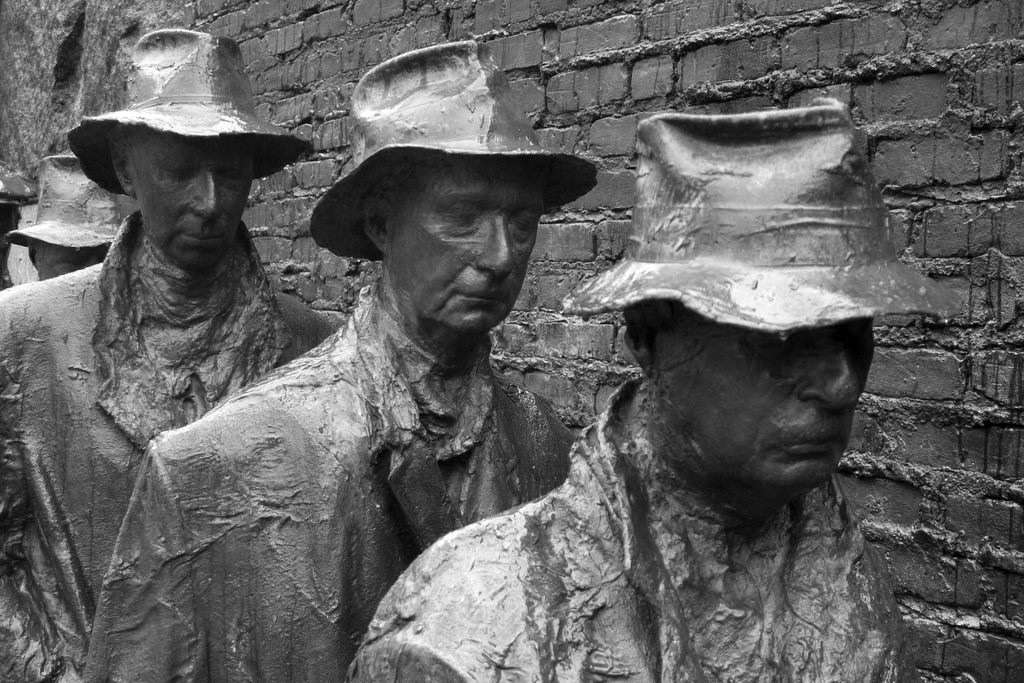Is Forcing Businesses to Pay Overtime to More Workers Really a Brilliant Idea? No Frigging Way.
Evidence suggests that tightening overtime rules could kill jobs

After a long wait, the Obama administration seems poised this week to vastly increase the ranks of American workers eligible for time-and-a-half overtime pay. With just a simple rules change—raising from $23,660 to as much as $52,000 the threshold below which workers must be paid overtime—the federal government is poised to raise incomes. Or increase the number of jobs. The rationale varies, depending on who you ask. But it's all good, or so we're told.
Except…It might not be so easy as bureaucrats think to manufacture prosperity by scratching out and replacing numbers in the federal rule books.
Some advocates of boosting the overtime threshold insist it will both raise income and increase the number of jobs. Last year, Jared Bernstein and Ross Eisenbrey argued on behalf of the Economic Policy Institute (in a paper funded by the U.S. Department of Labor) for the extension of overtime requirements to what they estimate will be five to 10 million more American workers, "in the interest of both clarity and meeting the goals of the FLSA to reduce unemployment by spreading work, prevent excessive overtime, and fairly compensate workers who do work overtime."
But even the models Bernstein and Eisenbrey used assumed that employers would ultimately reduce employees' base wages so that employee costs remained the same even while paying time-and-a-half, perhaps after initially spreading the new work to new hires in order to avoid overtime costs. "[I]f OT is designed to provide a compensating wage differential to workers working more hours than what is generally considered as full-time work, then a downward adjustment that partially erases that differential is obviously less beneficial to workers," they concede, before insisting it should be implemented anyway.
Even that initial sharing of work to new hires is uncertain. Writing for the Bonn, Germany-based Institute for the Study of Labor, Ronald L. Oaxaca pointed out last year (PDF) that workers who put in overtime tend to be higher-skilled than those who don't—and certainly they're more skilled than the unemployed. So replacing the efforts of suddenly 50 percent more expensive employees isn't going to be a simple matter of picking up a few day laborers and asking them to make up the difference.
[I]f it had been efficient to eliminate overtime and increase employment before the regulatory change that raised the overtime premium, employers would have already done so. Instead, they had chosen the overtime schedule for their workforce, indicating that this was the least costly alternative. Consequently, the higher overtime premium induces employers to use the more costly alternative of reducing overtime hours and incurring the expense of added employment as the best that they can do under the new overtime regime. One casualty of higher labor costs is employment.
Increasing the cost of workers who put in overtime is likely to limit the availability of extra hours, warns Oaxaca, increasing moonlighting among skilled labor who will then compete directly with the unemployed who are supposed to benefit from overtime rules.
"[I]f there is any effect of overtime regulation, it would be in the direction of lowering employment," he concludes.
The real-world experience of Warren Meyer, president of Recreation Resource Management and proprietor of Coyote Blog, emphasizes those warnings. He points out that employers already have regulation-induced experience with maximizing productivity among employees while reducing hours.
Five years ago, I might have really been in a panic over this in my company, but fortunately our experience with Obamacare has given me confidence we'll figure it out. With Obamacare we were facing enormous costs which we (like many service and retail companies) managed to eliminate by converting almost all of our full-time employees to part-time. Compared to that effort, figuring out how to get all of our managers down to 40 hours seems like child's play.
Meyer points out an outcome of the regulations that likely escapes the notice of academic economists and government bureaucrats: the proposed overtime rules change affects not only employment, but the relationship between workers and employers. Ambitious workers intent on proving their value by taking on extra responsibilities will be severely hobbled in their ability to do so, and instead be reduced to time-clock punchers.
It's almost as if government regulations are not just incapable of magically making the world a better place, but are completely counter-productive. Who could have predicted that?
